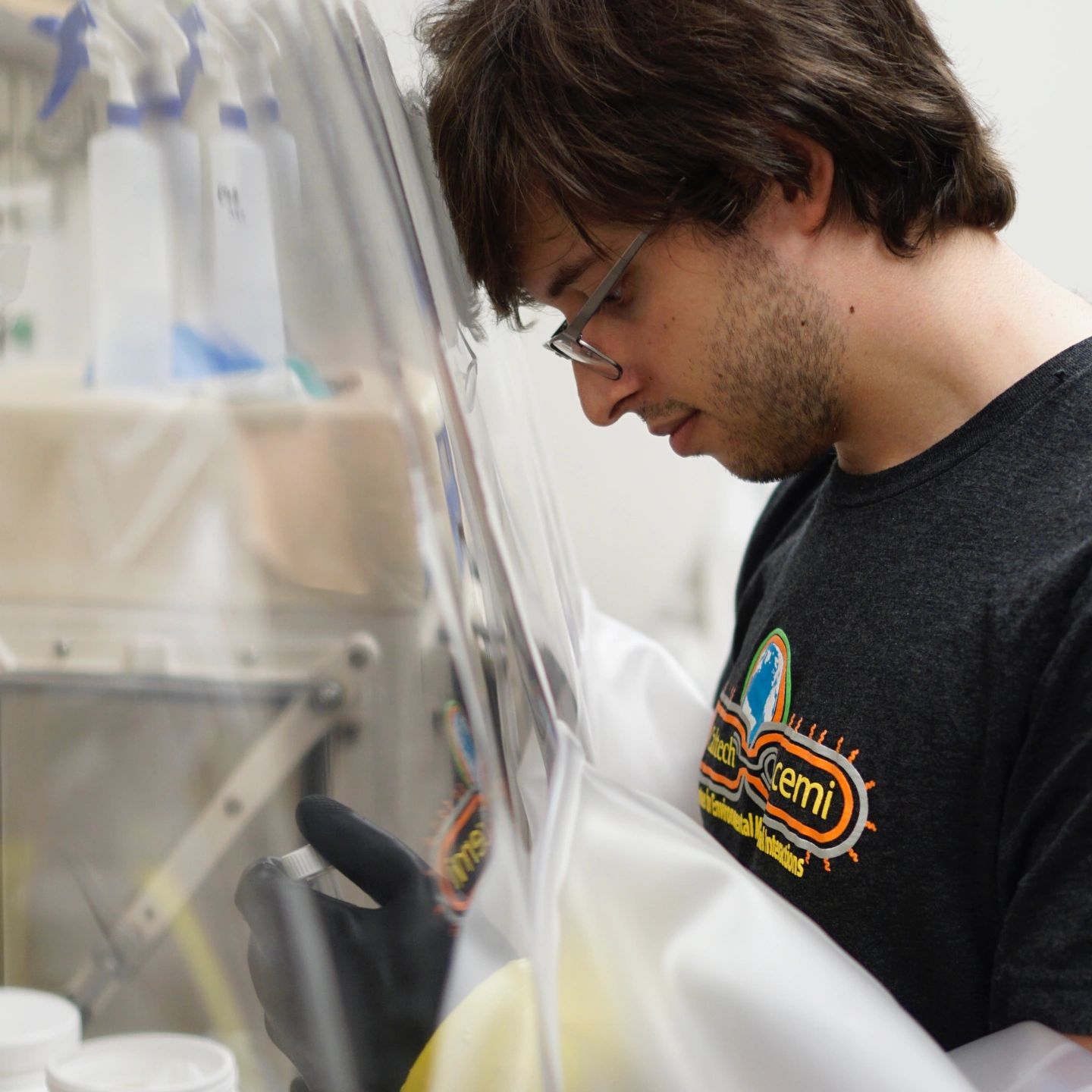Stanford Energy Postdoctoral Fellow

Microbial Naturalism

Combating Climate Change
I am using microbes to combat climate change. Microbes are responsible for the habitability of Earth: the ability of plants to thrive in soils, the amount of greenhouse gas emissions from agriculture, the circulation of biomass in the oceans—everything that we care about when we think of the stability of our environment. For my postdoc in the Yeh Lab at Stanford, I wanted to apply my expertise to achieving sustainable biofuel production. To this end, I am working with the microalgae Botryococcus braunii (pictured above) and Phaeodactylum tricornutum.

Non-Model Organisms
I like to let biology lead the way: I always look for new organisms that are most suited to my questions, rather than the other way around. This has led me to work with, and develop new tools for, Tetrahymena thermophila, Seminavis robusta, Citrobacter portucalensis, and, soon, Botryococcus braunii.
Microbial Mysteries
Sometimes, you observe something under the microscope and don't know what to even say. If you have any insight or interest in figuring out these spontaneous waves across a colony surface, please get in touch!

Microbial Electrochemistry
In the soil under your feet, microbes are using electricity to conserve energy, find their neighbors, and fight off competitors. As part of my PhD thesis in the Newman Lab, I described a previously unknown way for microbes to use electrons to shape their environment. Please read all about the discovery and the mechanism.

Scientific Ethics
Doing good research doesn't make you a good person. Scientists have an obligation to determine how their ethics are reflected in and shaped by their work. I write more on this for Caltech Letters, here.
µNews
Microbes on the brain?
Image Credits
Banner
"Combating Climate Change"
Profile Image
Photography by me and illustration by Isabel Swafford
Profile Image
"Combating Climate Change"
Profile Image
Photography by John Ciemniecki
"Combating Climate Change"
"Combating Climate Change"
"Combating Climate Change"
Microscopy by me and Marcus Varni
"Microbial Mysteries"
"Microbial Electrochemistry"
"Combating Climate Change"
Microscopy done by me and John Ciemniecki
"Non-Model Organisms"
"Microbial Electrochemistry"
"Microbial Electrochemistry"
Microscopy by the Turkewitz Lab at the University of Chicago (see the paper, here)
"Microbial Electrochemistry"
"Microbial Electrochemistry"
"Microbial Electrochemistry"
Illustrated by me
"Scientific Ethics"
"Scientific Ethics"
"Scientific Ethics"
Photography by me





